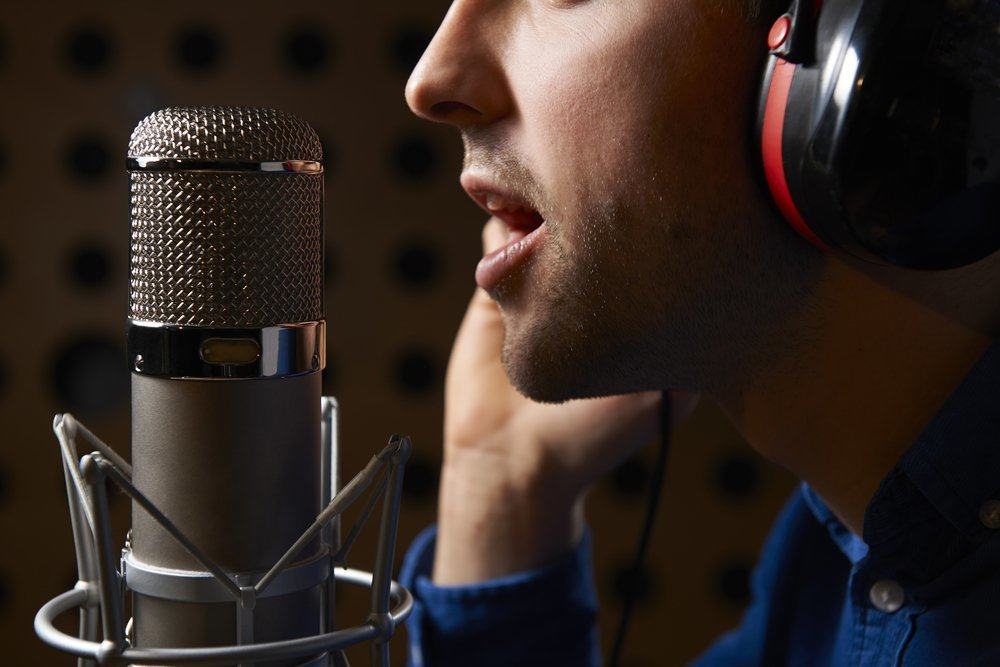Contents:
Medical Video: Why does your voice sound different on a recording? Greg Foot Answers Your Questions | Head Squeeze
Have you ever heard your own voice recording and thought, "Is that my voice? How come it sounds different? "
For many people, nothing is more annoying than hearing our own voice recordings. The recording sound doesn't sound like what we had expected so far. After being heard, our voices become thinner, higher pitched, not like our "supposed" voices.
Recorders are not deceptive - Yes, that shrill, annoying voice is your original voice. There is an easy explanation that can explain why your voice sounds different to you and to others who hear it. This is one of the many surprising little tricks that the human body has, namely because sound has various pathways to get to the inner ear.
Before knowing the reason behind why your voice sounds so weird on record, it's good to first understand how humans produce sound.
How the sound works
Sound is the sensation or feeling we hear. Humans produce sound by doing things. Imagine you are shifting a heavy furniture, a table, for example. Movement of the table legs causes vibration. Sound comes from the vibration of an object, which makes air or substances and other particles around it vibrate (in this case, the table legs that collide with the surface of the floor). The air vibrations produced from these two things move out in all directions in the form of sound waves. As a result, the sound of the table legs squeaking when moved.
The power for your voice comes from the air you put out. When you inhale, the diaphragm will decrease and the rib cage expands to draw air into the lungs. When exhaling, the process will go upside down and air will come out of the lungs, creating an air flow inside the trachea. This air flow gives energy to the vocal cords in your voice box (larynx) to produce sound. The stronger the air flow, the stronger the sound is released.
The larynx is above the throat. The larynx has two vocal cords that open when breathing and close during chewing food and producing sound. When we produce sound, the air flow will pass through the two vocal cords that coincide together. The vocal cords have a soft texture and will produce vibrations when air flow passes through it. This vibration produces sound. The tighter the sound of the vocal cords, the tighter the vibrations, resulting in a higher pitch. This process causes human voices to have a variety of high-low tones.
When working alone, the vocal cords produce sounds that sound like a simple buzz, like the hum of a bee. What makes the vocal difference in sound is the work of the structure above the vocal cords, such as the throat, nose, and mouth as part of the resonator. The humming sound produced by the vocal cords is changed by the shape of the channel resonator to produce a unique human voice.
Then, what makes our voice recordings sound so different ... and horrible? This is because when you speak, you hear your own voice in two different ways.
The reason why sounds sound different on sound recordings
Sound can reach the inner ear with two separate paths, and these pathways in turn affect what we perceive. Air-generated sounds will be sent from the surrounding environment through the external auditory canal, eardrum and middle ear to the cochlea (spiral structure in the inner ear) - aka, the way other people hear your voice.
The second way is through vibrations inside the skull, which are triggered by the activity of your vocal cords. Unlike the sound path above, the sound that bounces inside your skull directly reaches the cochlea through the head tissue - producing the sound you think is your original voice.
When you speak, the sound energy spreads in the air around you and reaches the cochlea through the outer ear through air conduction. At the same time, the sound also travels in the body, from the vocal cords and other structures directly through the cochlea. However, the mechanical nature of your head increases its low-frequency vibration to deepen, giving you a "fake" bass sound that you have known so far. The sound you hear when you speak is a combination of both sound production lines.
When you hear your own voice recording, the sound path is through the conduction of the skull (which you are think is your voice) deactivated so you only hear sound components produced by air conduction in foreign isolation. Therefore, when you hear your voice recording, the sound will be heard clearly higher, like your voice that has been heard by other people all this time.
READ ALSO:
- Nangis Blood, What's the Cause?
- Which Noodles vs Rice Is Better?
- Getting to know Short Sleeper: Sleeping for a moment but can be refreshed












